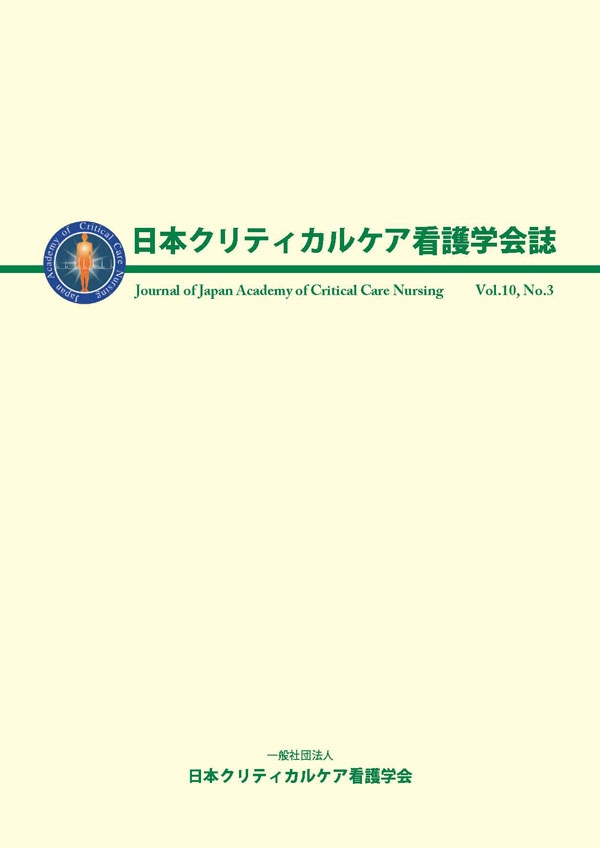Volume 10, Issue 3
Displaying 1-5 of 5 articles from this issue
- |<
- <
- 1
- >
- >|
-
2014Volume 10Issue 3 Pages 1-9
Published: October 01, 2014
Released on J-STAGE: October 01, 2014
Download PDF (929K) -
2014Volume 10Issue 3 Pages 11-21
Published: October 01, 2014
Released on J-STAGE: October 01, 2014
Download PDF (1001K)
-
2014Volume 10Issue 3 Pages 23-33
Published: October 01, 2014
Released on J-STAGE: October 01, 2014
Download PDF (1089K) -
2014Volume 10Issue 3 Pages 35-44
Published: October 01, 2014
Released on J-STAGE: October 01, 2014
Download PDF (911K) -
2014Volume 10Issue 3 Pages 45-53
Published: October 01, 2014
Released on J-STAGE: October 01, 2014
Download PDF (926K)
- |<
- <
- 1
- >
- >|
